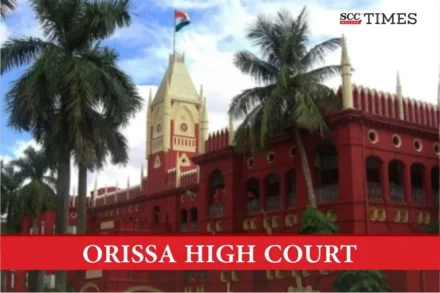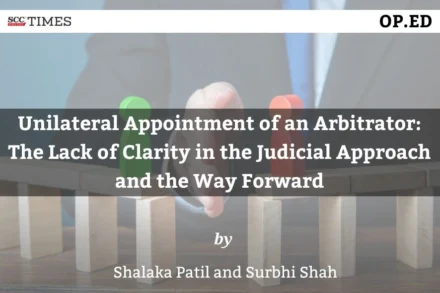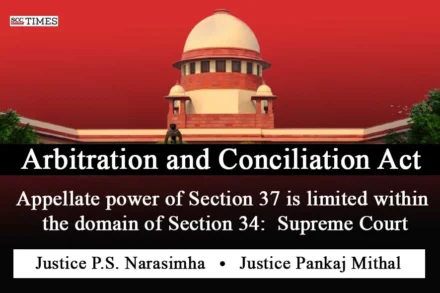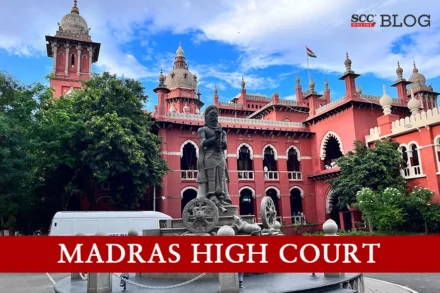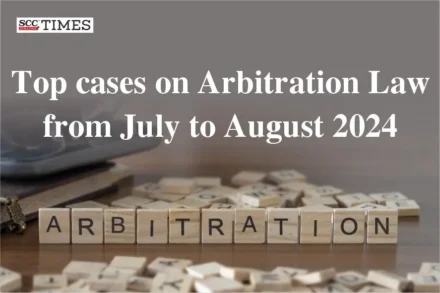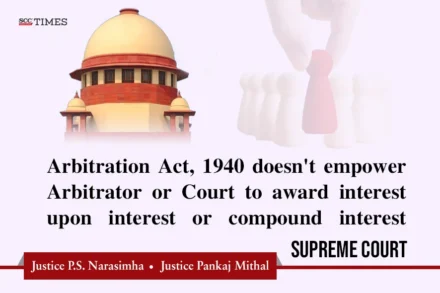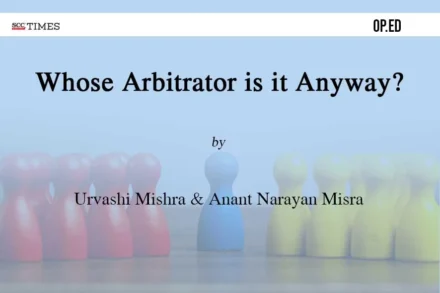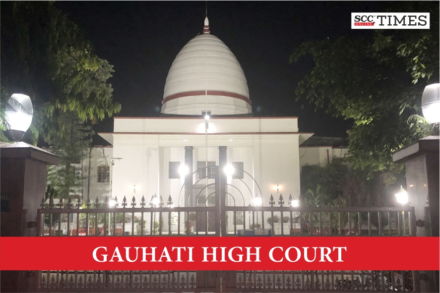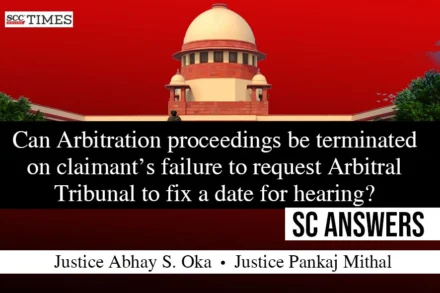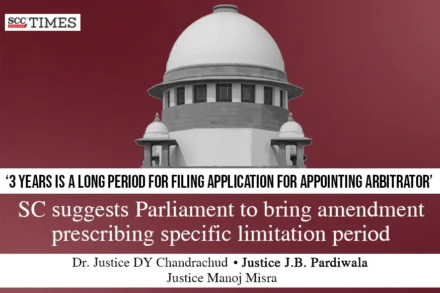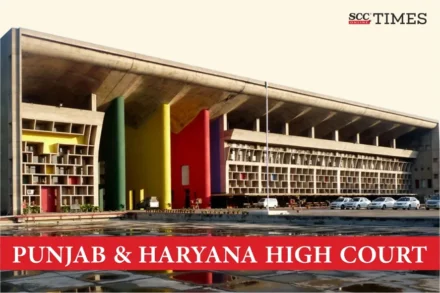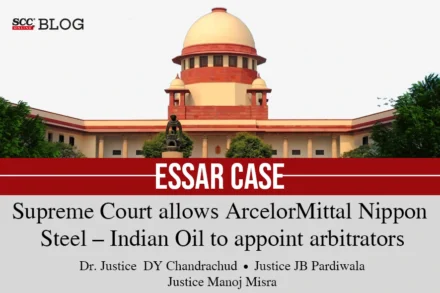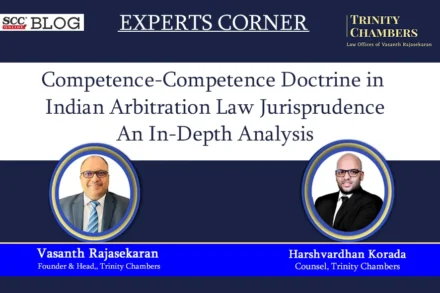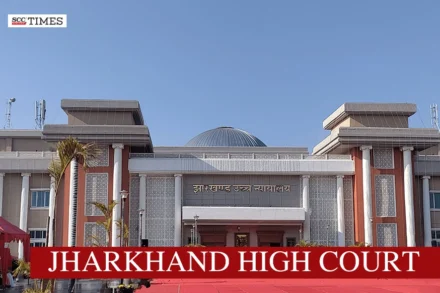
Merely because arbitrator was appointed by Orissa HC is no ground for Ranchi Court to not have jurisdiction: Jharkhand HC sets aside order dismissing S.34 arbitration application
The intention of both the parties where to go for arbitration, is at Ranchi and the proceeding after permission of the High Court was also conducted at Ranchi and in the agreement, the seat is also said to be at Ranchi. Thus, Ranchi court is having jurisdiction.



